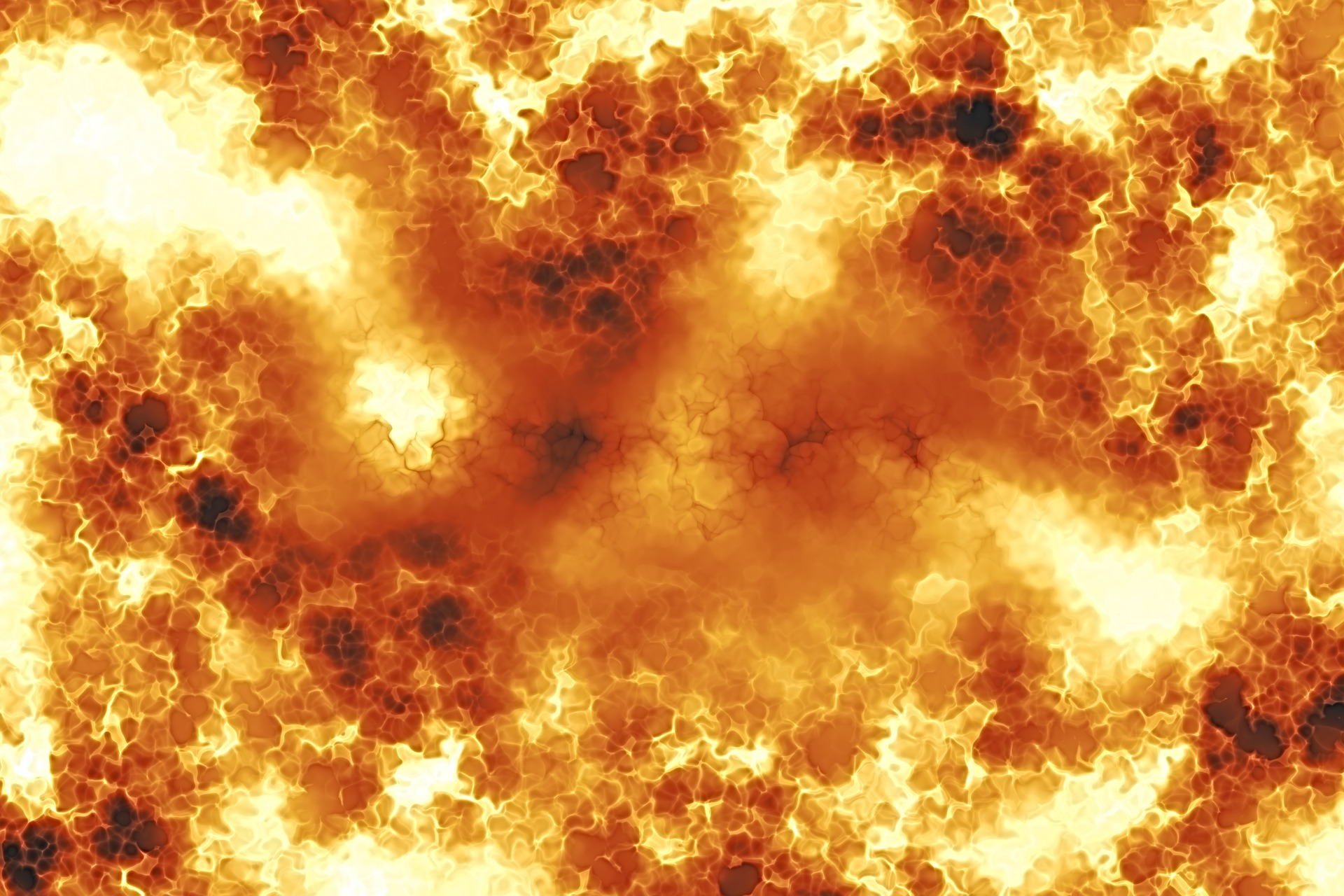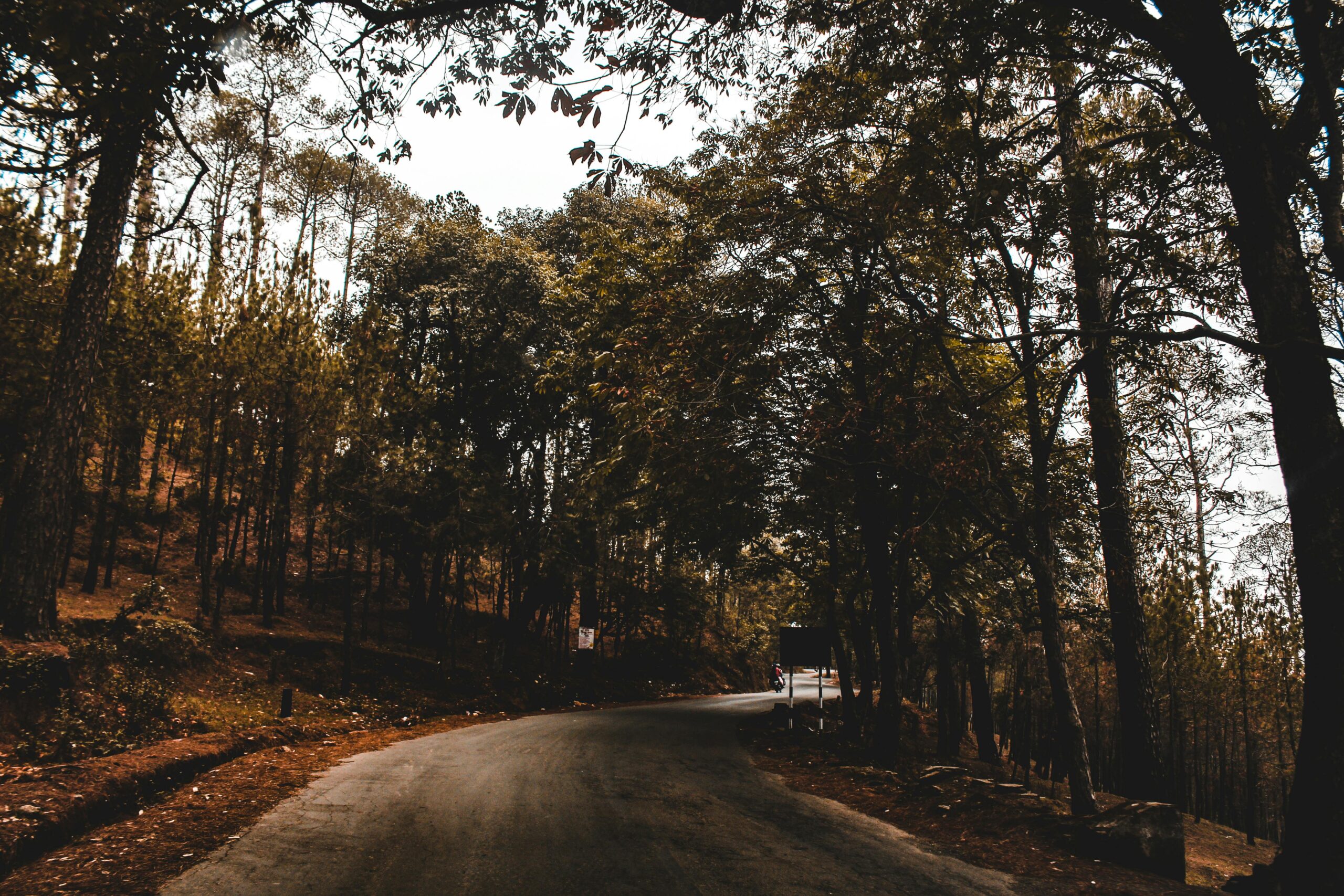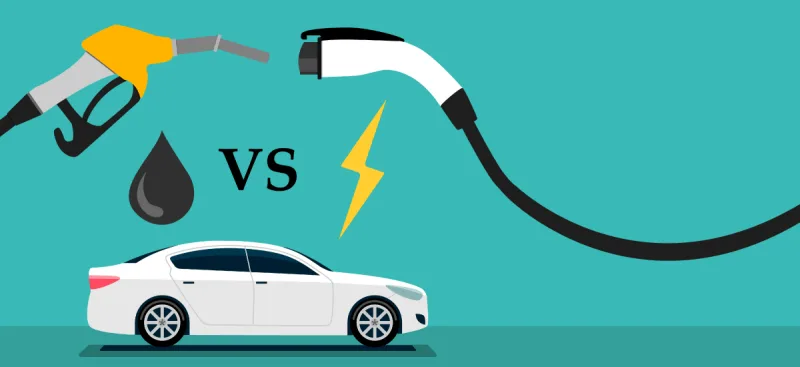
Introduction
Imagine waking up to a regular morning, making tea, and BOOM—your kitchen decides it’s time for a surprise renovation. Gas cylinder blasts are not a rare occurrence in India; they happen almost daily, claiming lives, injuring hundreds, and occasionally launching unsuspecting vegetables into orbit. This editorial dives into why these ticking time bombs explode, how underground gas pipelines compare, and why apartment dwellers should rethink their indoor gas storage habits.
The Science Behind the Kaboom
A gas cylinder is basically a pressurized metal container filled with liquefied petroleum gas (LPG). Now, unless you have a personal vendetta against physics, you should know that:
- Gas leaks + enclosed spaces = unwanted fireworks
- Leaks occur due to poor maintenance, faulty regulators, old cylinders, or sheer human negligence
- A single spark from a switch, lighter, or phone charger can turn your cozy kitchen into a furnace
The Indian Context: A Daily Tragedy
According to reports, over 1 cylinder blast happens daily in India, resulting in hundreds of deaths every year. India ranks among the top in gas-related explosions due to:
- Old and Rusty Cylinders – Because replacing them is such a hassle
- Lack of Safety Awareness – People still believe checking for leaks with a lit match is a smart idea
- Poor Installation and Maintenance – Who needs a qualified technician when Sharma Ji’s nephew can fix it for free?
- Overcrowded Homes – Small kitchens, zero ventilation, and cylinders stored next to the stove (or worse, next to a running washing machine) = Recipe for disaster
Underground Pipelines: A Safer Alternative?
Countries like the USA, UK, and even China have switched to underground gas pipelines, minimizing cylinder mishaps. The perks:
- Continuous supply (No need to drag heavy cylinders upstairs)
- Lower explosion risk (No cylinder = No direct blasts)
- Automated leakage detection systems
However, India still prefers doorstep cylinder deliveries because tradition and bureaucracy. Until widespread pipeline infrastructure arrives, we’re stuck with our metal bombs.
Apartments & Gas Safety: A Smarter Approach
Here’s a revolutionary idea for apartments: Store all gas cylinders on the ground floor and supply gas through individual pipelines to flats. Benefits: ✅ Reduces the need to carry cylinders in elevators (because exploding in a metal box isn’t fun) ✅ Allows trained personnel to replace cylinders safely ✅ Improves emergency shutdown and leak detection ✅ Makes gas delivery efficient and centralized ✅ Keeps children away—because tiny humans and flammable gas don’t mix well ✅ Restricts kids from entering kitchens—because teaching them early that fire isn’t a toy is a lifesaver
Facts:
- India reports ~500 gas explosion deaths yearly, more than most European nations combined.
- Pakistan and Bangladesh also see frequent cylinder blasts due to low safety regulations.
- Countries with underground pipelines (USA, UK, UAE) have over 70% fewer LPG-related accidents.
- The loudest cylinder blast recorded? A shockwave felt 2 km away in Lucknow, 2019.
- Most common reason for blasts? Human negligence—because checking for leaks with soap water is just too much work.
FAQs:
1. What is the safest way to store a gas cylinder at home?
- Keep it upright, in a well-ventilated area, away from heat sources.
2. How do I check for gas leaks safely?
- Use soapy water on the regulator and pipe. If bubbles form, you have a leak. Don’t use fire.
3. Are underground pipelines safer than cylinders?
- Yes, significantly safer, but not yet widespread in India.
4. Can I store a gas cylinder inside a closed kitchen?
- No, that’s a terrible idea. Ensure proper ventilation or store it outside if possible.
5. Why do apartments allow cylinder usage inside homes?
- Because old building codes don’t enforce ground-level storage yet (change is slow).
Thesaurus
- Explosion: a violent burst causing destruction (Example: The explosion shattered windows in nearby buildings.)
- Combustion: the process of burning (Example: Proper ventilation prevents dangerous combustion in enclosed spaces.)
- Detonation: the act of exploding with force (Example: A gas leak can lead to detonation if exposed to a spark.)
- Fire: the burning of substances producing heat and light (Example: Keep flammable materials away from fire sources.)
- Hazard: a source of danger (Example: Leaky gas cylinders pose a serious hazard to residents.)
- Leakage: unintentional escape of gas or liquid (Example: Regular maintenance can prevent LPG leakage accidents.)
- Mishap: an unfortunate accident (Example: The mishap resulted in severe injuries and property damage.)
- Danger: exposure to harm or injury (Example: Storing gas cylinders indoors increases the danger of explosions.)
- Inferno: a large, uncontrollable fire (Example: The blast turned the kitchen into an inferno within seconds.)
- Catastrophe: a disaster causing great damage (Example: The gas explosion was a catastrophe for the entire neighborhood.)
- Boom: a loud explosive sound (Example: A sudden boom echoed through the apartment complex.)
- Wreck: severe damage or destruction (Example: The explosion left the house in a complete wreck.)
- Ignition: the process of setting something on fire (Example: Faulty wiring can lead to gas ignition.)
- Devastation: great destruction (Example: The aftermath of the blast showed total devastation.)
- Emergency: a serious, urgent situation (Example: Call emergency services immediately if you detect a gas leak.)
Conclusion
If you live in an apartment, demand safer gas supply methods. If you use a cylinder, check for leaks and don’t treat it like a piece of furniture. And for the love of safety, stop storing cylinders next to stoves, washing machines, or under your bed. Want to avoid going viral for the wrong reasons? Stay safe, stay smart, and let’s keep our kitchens blast-free.









